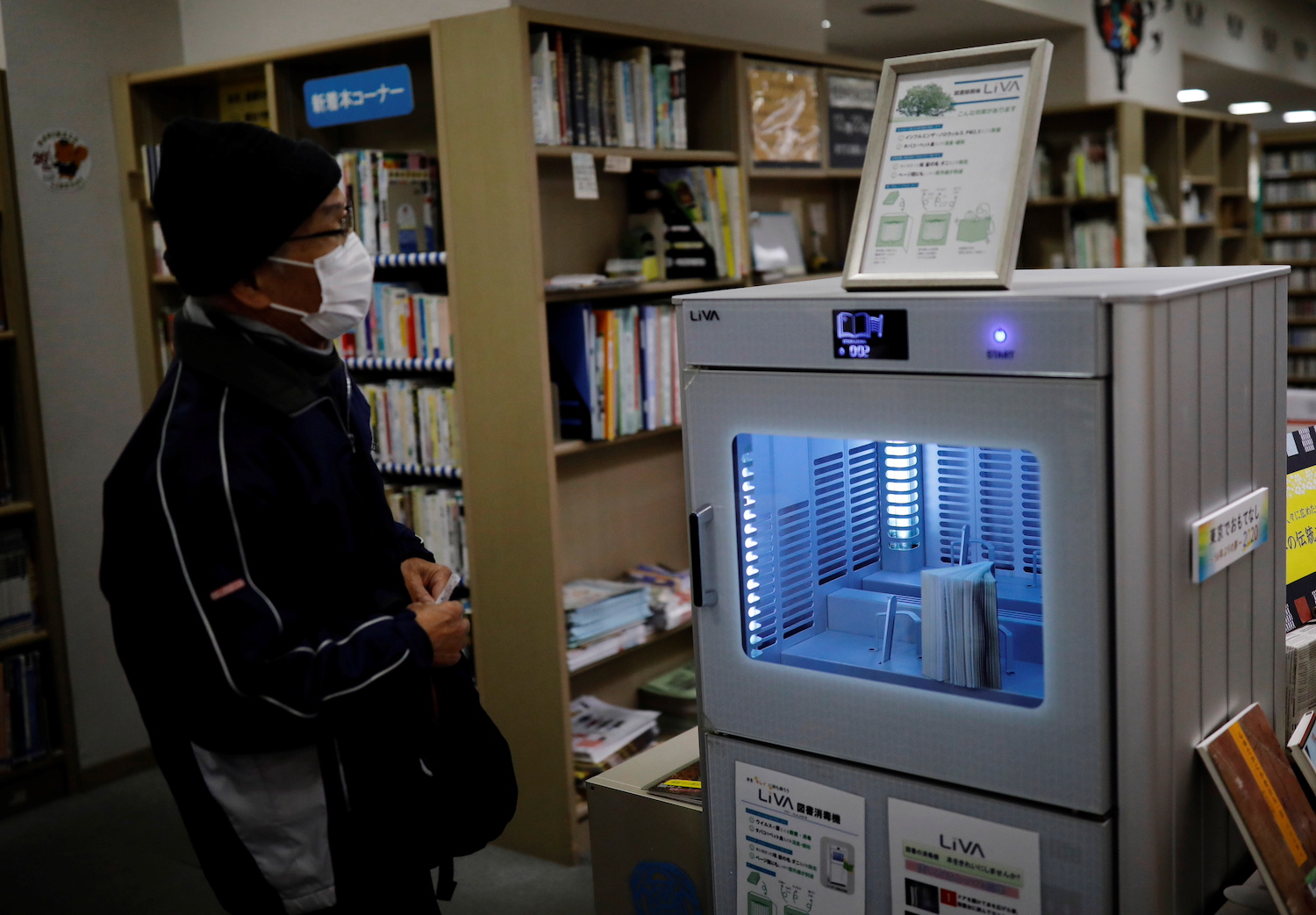(ATF) Core machinery orders in Japan surged in October in the latest sign of recovery from the pandemic, but just as new coronavirus cases are escalating alarmingly in the country.
Private sector machinery orders, which exclude volatile ship and utility orders, rose 17.1% month on month, according to government data, well above the 2.8% increase forecast in a Reuters poll.
Figures showed the Japanese economy recovered slightly faster than originally estimated in the third quarter after private consumption and business investment were revised upwards.
“Industrial production continues to rapidly recover, and the surge in orders in October provides further evidence that the sector is getting back to full health fast,” said Tom Learmouth, Japan economist for Capital Economics.
Bouncy 4th quarter
He forecasts that if October’s level is sustained, fourth quarter growth could come in at 13.7% above the third quarter. “We expect business investment to return to pre-virus levels by early 2022 – much faster than the seven years it took after the global financial crisis.”
“Core orders increased across a wide range of industries, suggesting pent-up capex demand may have materialised over a brief period with the normalisation of economic activity both in Japan and overseas,” said Barclays Japan analyst Kazuma Maeda.
Within manufacturing, orders increased broadly across materials such as nonferrous metals and chemicals as well as manufactured goods such as general and production machinery and transport equipment.
Non-manufacturing orders continued to pick up, rising for a second consecutive month in wholesale and retail as well as in finance and insurance.
“Looking ahead, we expect machinery orders to fluctuate with limited progress overall,” said Maeda. “We expect companies to remain cautious on business investment in the near term.”
New stimulus
The relatively good news on machinery followed a day in which real gross domestic product in the third quarter rose by a revised 22.9% quarter on quarter, stronger than expected.
In an effort to maintain support for the economy, the government of prime minister Yoshihide Suga on Tuesday announced the details of another fiscal stimulus package – the third this year.
The 30.6 trillion yen ($294 billion) package – amounting to 6% of GDP – is aimed at speeding up the nation’s recovery from Covid-19 and follows earlier rounds of stimulus in April and May.
Yet Suga’s prime ministership is already wobbling under the weight of a wider coronavirus spread that could provoke new restrictions on business. New infections on a seven-day average basis hit a new record on December 3.
“After a sharp bounce in support, the re-escalation of Covid-19 is hitting his popularity,” said Derek Halpenny, head of research at MUFG Bank in London.
Emergency looming
The government has warned that it might declare another state of emergency this month if the nationwide surge of Covid-19 infections isn’t subdued, although the number of coronavirus cases does not yet warrant declaring a state of emergency, according to the doctor leading the country’s response.
Testifying to a parliamentary committee on Wednesday, Shigeru Omi, president of the Japan Community Health Care Organisation and a former World Health Organisation regional director, said that the country’s medical system was struggling to cope in cities such as Osaka.
However, Omi said the pandemic situation did not warrant the closure of businesses nationwide.
Japan’s government declared a nationwide state of emergency in the spring, under which it called for voluntary business closure and requested that people work from home.
The country’s constitution prohibits compulsory lockdowns but the voluntary measures were widely honoured by Japanese business owners and employees.
























